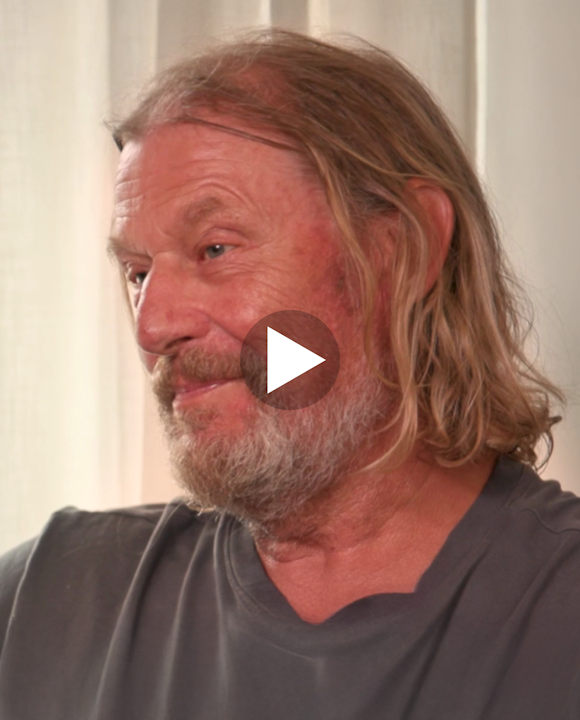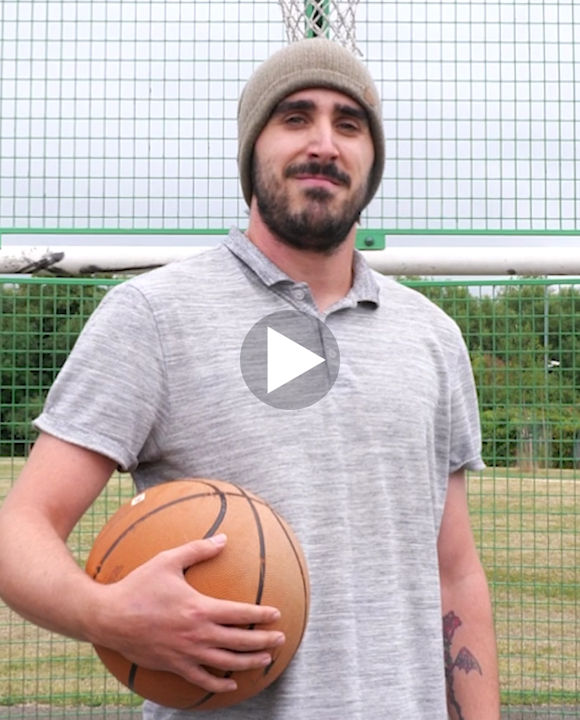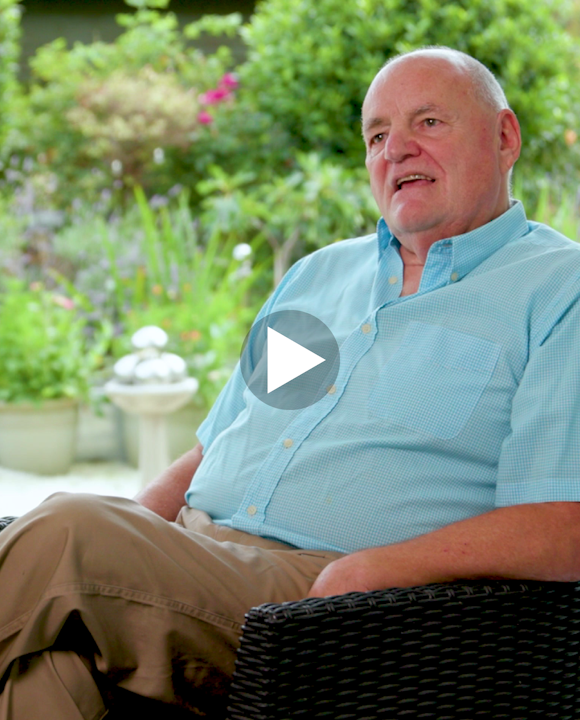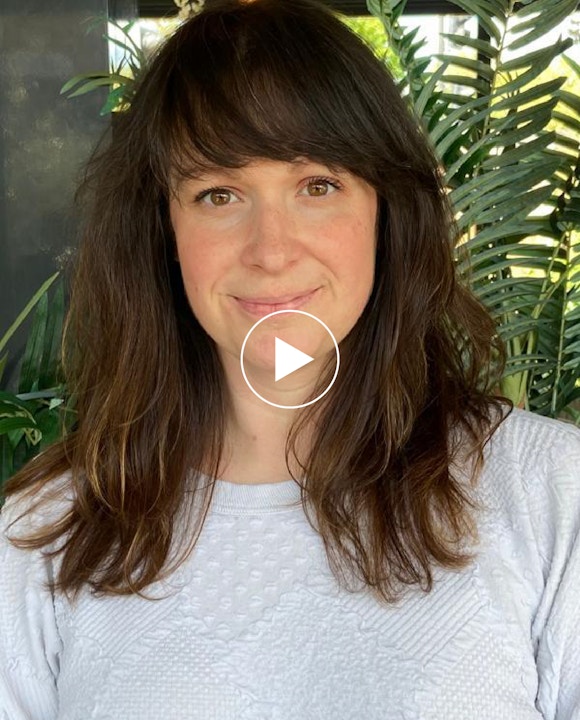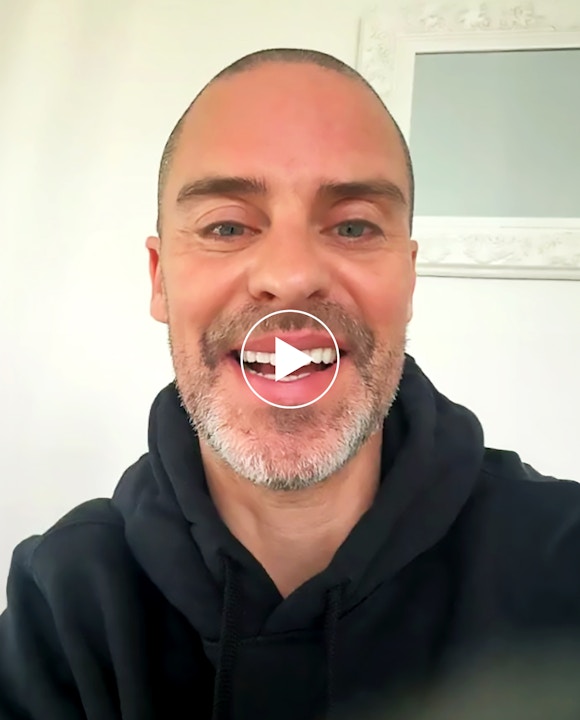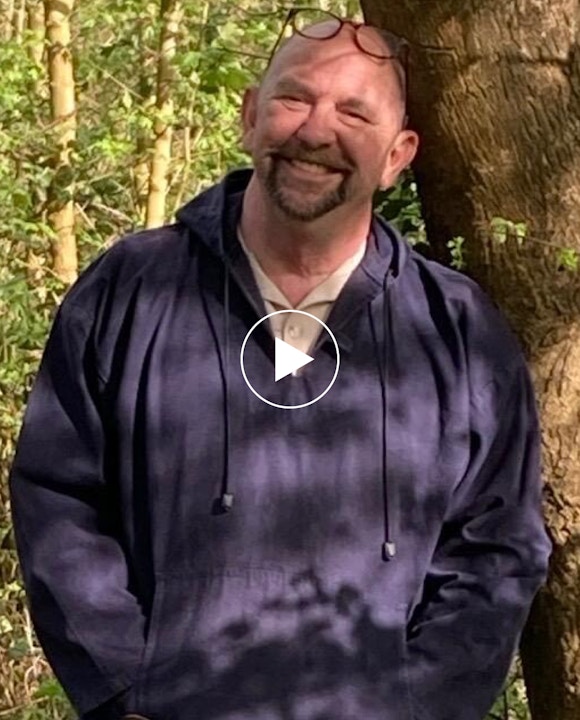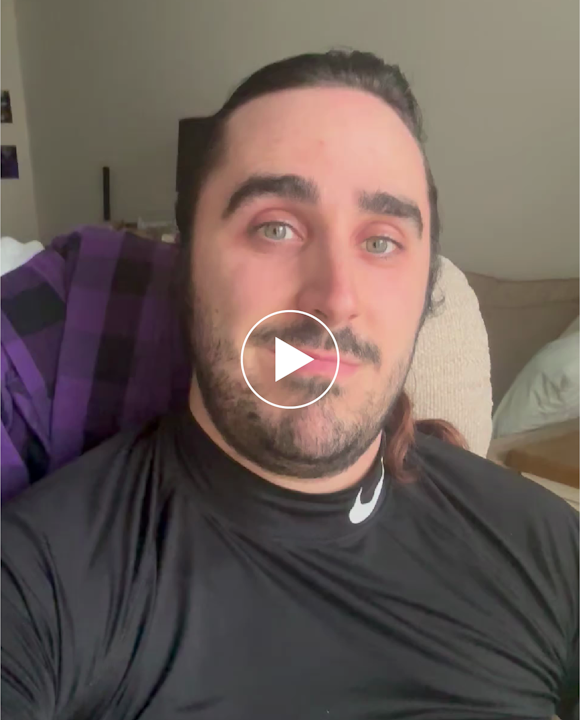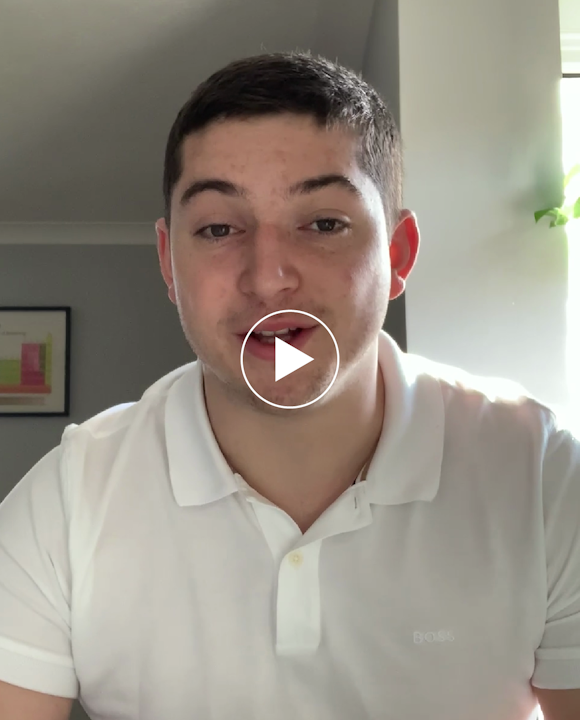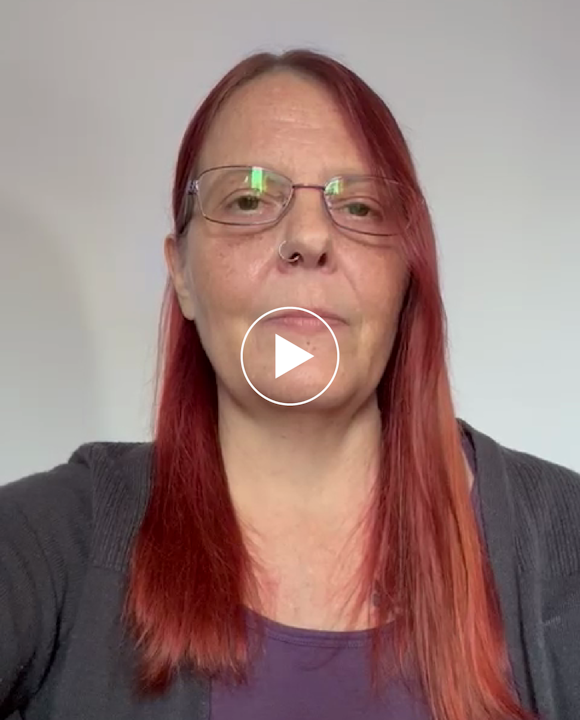Dystonia medical cannabis treatment
Categorised as a neurological movement disorder, dystonia causes repetitive, involuntary muscle spasms and contractions. The symptoms of dystonia can have a major impact on a person’s quality of life, and ability to carry out their day-to-day activities, and so, many are looking for a treatment that works well for them. While licensed conventional dystonia treatments are available and work for many, in the UK, medical cannabis dystonia treatments have emerged as a new potential option for those not responding to traditional approaches.
70%
In a small-scale study, 70% of patients with dystonia reported an improvement in their sleep after administering medical cannabis.
3/4
Almost 3/4 of respondents in the Dystonia Medical Research Foundation’s survey said they use cannabis to manage their symptoms.
100,000
Dystonia is the third most common movement disorder, and it is believed to affect at least 100,000 people in the United Kingdom.
2/3
Our representative research found 2/3 of UK adults would consider trying medical cannabis treatments if they were recommended.
Symptoms
Excessive blinking
Low mood
Pain
Shaking or jerking (tremors)
Sleeping problems
Spasticity
Uncontrolled muscle spasms
Unusual or uncontrolled movements
If you are suffering from any of these symptoms. Please speak with your GP to find out more.
Treatment options:
Depending on what type of dystonia you have, different treatments may be recommended. For those with focal dystonia, Botox injections may be recommended to block neurotransmitters within the nerve and reduce muscle spams, or oral medications, physiotherapy and/or surgery may be recommended to those with generalised dystonia.
Anticholinergics
Baclofen
Botox injections
Muscle relaxants
Procyclidine
Trihexyphenidyl
Find out if you may be eligible for cannabis-based dystonia treatments here
Am I eligible?Join our growing community of over 150,000 people
Whether you’re new to cannabis-based medicines, switching from another medical cannabis clinic, or self-medicating, we’ll put you back in control of your health.
A word from our specialist
"Dystonia is characterized by involuntary muscle contractions causing repetitive movements or abnormal postures. Studies indicate that medicinal cannabis, through its action on the endocannabinoid system, may reduce muscle spasms and pain, offering a new avenue for symptom management."

Dr Michal Modestowicz
Neurology
Find out if you may be eligible for cannabis-based dystonia treatments here
Am I eligible?Articles on Dystonia
Can cannabis-derived treatments be prescribed to people with dystonia in the UK?
Often the cause of a person’s dystonia is unknown, but, dystonia can be caused by conditions like Parkinson’s disease, cerebral palsy and multiple sclerosis. If the cause of dystonia is known, healthcare professionals will typically target this as their primary concern, and treat dystonia as a secondary symptom.
It's thought medical cannabis, or cannabis-derived medicines, may be able to offer patients with dystonia relief because of the interaction its chemical constituents can have on spasticity, pain regulation, and sleep quality when they enter the bloodstream.
The therapeutic effects cannabis-derived medicines can have on sleep, pain, and spasticity are relatively well noted and evidenced in scientific research, but unfortunately there is a considerable lack of gold standard randomised controlled trials that specifically focus on patients with dystonia.
While research in this area is still ongoing, it's important that the therapeutic application of medical cannabis is overseen by qualified healthcare professionals, like those that work for Releaf.
If you have not been responding to traditional treatment options, or they have caused unpleasant or unwanted side effects, you may be eligible for a bespoke dystonia medical cannabis treatment plan at Releaf. Fill out our online eligibility checker to find out more.









